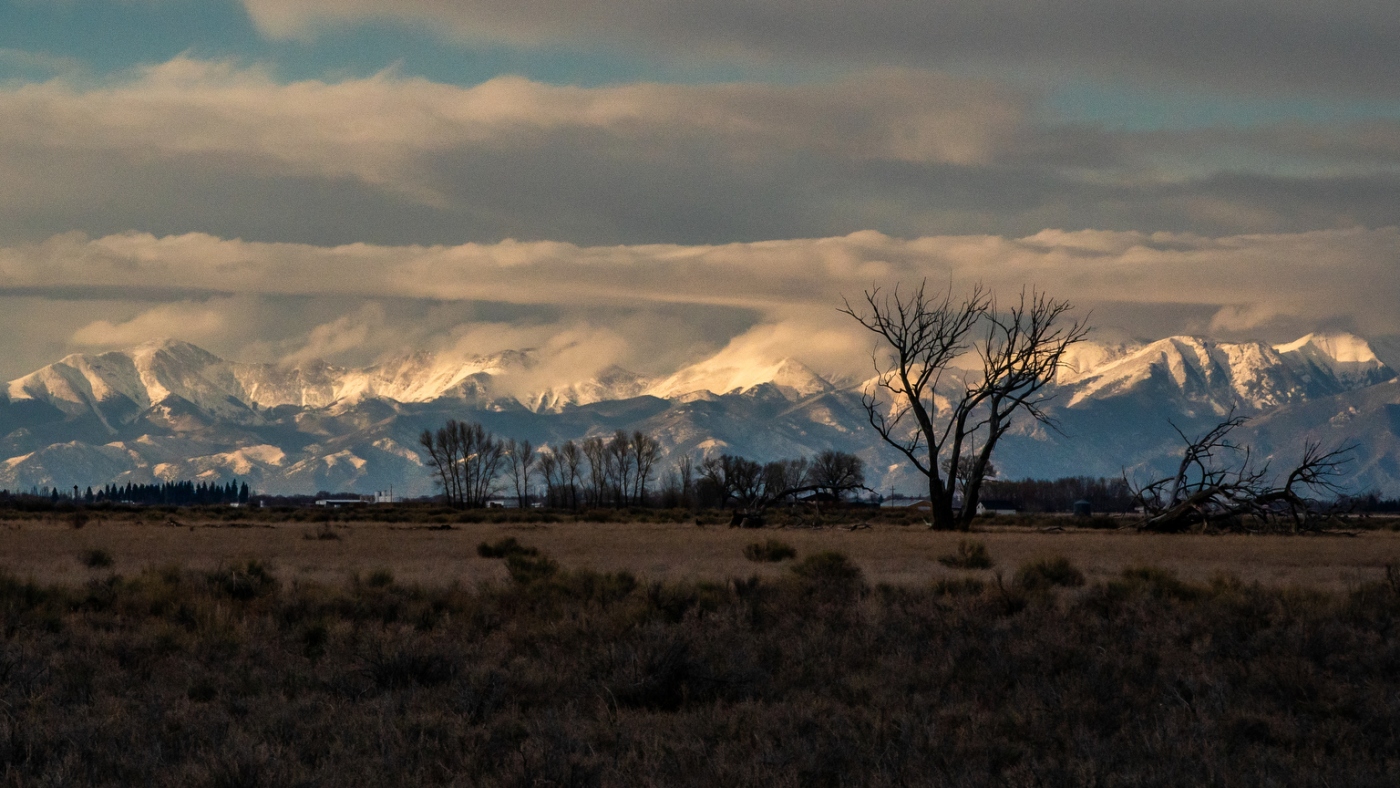Medicaid Cuts in Colorado’s San Luis Valley: Community at a Crossroads
In southern Colorado’s San Luis Valley, the landscape is stunning. Mountain peaks reach for the sky while blackbirds dance among the reeds of the local wildlife refuge. But beneath this serene beauty, there’s a growing sense of worry. The community is anxious as Congress discusses budget changes that could drastically affect Medicaid, the health program crucial for low-income families.
Konnie Martin, CEO of San Luis Valley Health in Alamosa, feels torn. She’s concerned but also hopeful. She noted that proposed cuts to Medicaid were "incredibly frightening" because this program is essential for rural health care access. In fact, nearly 70% of rural hospitals in Colorado face financial challenges. Cuts could lead to severe changes in how these facilities operate.
The Heartbeat of the Community
San Luis Valley Health serves about 50,000 people across several counties, providing vital services. Nearly a third of its budget comes from Medicaid. Shane Mortensen, the hospital’s CFO, echoed Martin’s fears. A reduction in these funds would not just hurt the hospital; it would impact the entire region, already one of the poorest in Colorado.
For many residents, Medicaid is a lifeline. Julianna Mascarenas, a mother of six, has relied on Medicaid for her family’s health needs. She expressed her concerns about the future, wondering how she would afford insurance if Medicaid cuts come to pass. She balances caring for her family with her job as a counselor for those battling substance use disorders.
The Wider Impact on Families
The stakes are high. About 40% of Alamosa County residents rely on Medicaid, including many low-income seniors who need additional assistance beyond Medicare. The thought of losing coverage is daunting for many. Residents like Chance and Chris Padilla, who care for foster children, explained how crucial Medicaid is for providing necessary medical interventions.
Dr. Carmelo Hernandez, the chief medical officer at San Luis Valley Health, added that cuts could seriously jeopardize crucial services, including obstetric care. He pointed out that if these services are reduced, expectant mothers would be forced to travel long distances for care, which is simply not feasible for many.
A Community Divided
Despite their concerns, some residents still support the politicians proposing cuts. Many in the San Luis Valley voted for President Trump and are grappling with their conflicting feelings. Dr. Hernandez noted that this could cause many to reflect on their voting choices, wondering if their voices are truly being heard.
Moreover, local businesses depend on the hospital’s operations. It’s not only a health center but also the largest employer in the valley. The economic ramifications of drastically cutting Medicaid could ripple through the community, impacting jobs and local businesses. The coffee shops and restaurants benefit from foot traffic generated by hospital visitors.
A Shared Concern
Experts warn that cuts to Medicaid could also affect other essential services, such as education. David Tandberg, president of Adams State University, highlighted that state funding for higher education is often strained because of rising health care costs. If Medicaid cuts force the state into a financial hole, it could spell trouble for educational institutions.
Replicating this cycle of challenges will not be easy. Many residents are nervous about what the future holds if the cuts are implemented. As the discussions continue, the voices of those in San Luis Valley must be amplified. For them, Medicaid isn’t just a program; it’s a barrier against poverty and poor health.
With perspectives from local health care leaders and community members, it’s clear: The fate of Medicaid impacts more than just health; it influences the entire social and economic fabric of the San Luis Valley.




















